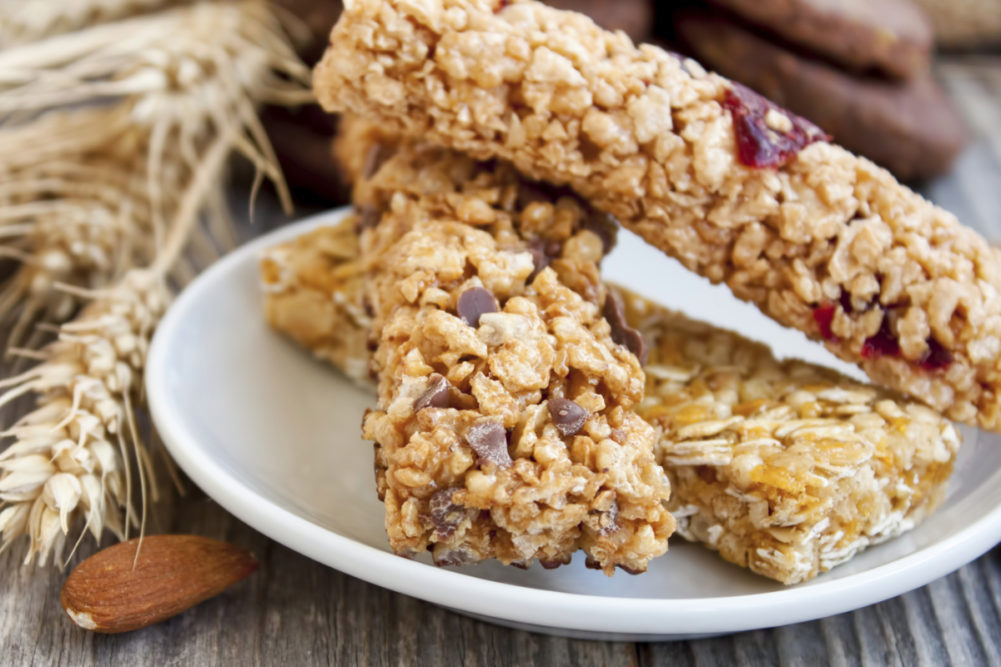LONDON — Tate & Lyle PLC posted increases in adjusted operating profit and revenue in its Food and Beverage Solutions segment for the six-month period ended Sept. 30. People seeking healthier food and beverages created demand for the company’s ingredients, according to Tate & Lyle.
Still, profit before tax of £157 million ($207 million) companywide was down 4% from £164 million in the six-month period of the previous year. Revenue companywide fell 6% to £1.39 billion ($1.83 billion) from £1.48 billion.
“Despite the challenges of COVID-19, the group delivered robust performance, demonstrating the strength, resilience and agility of our business,” said Nick Hampton, chief executive, in a Nov. 5 pre-recorded earnings presentation. “Food and Beverage Solutions delivered revenue and profit growth. Sucralose profit was lower on softer demand, and Primary Products delivered steady earnings, helped by strong performance from commodities.”
Adjusted operating profit in Food and Beverage Solutions increased 9% to £98 million ($129 million). Revenue rose 1% higher to £475 million ($625 million). Demand for packaged and shelf-stable foods for in-home consumption offset reduced demand for ingredients used in food and drink consumed out of home.
“Food and Beverage Solutions continues to perform well and benefit from consumers seeking healthier alternatives from their food and drink,” Mr. Hampton said. “Consumers are looking for more sugar- and calorie- reduced products, cleaner labels and more natural ingredients as well as improved texture and taste. There is also growing demand for more plant-based options and foods that build immunity and digestive health. This demand is expected to increase as COVID-19 focuses consumers and governments on the importance of diet and health.”
In the company’s sucralose business, adjusted operating profit fell 12% to £25 million and revenue dipped 2% to £72 million as lockdowns led to lower demand for products, particularly beverages, that are consumed away from home.
In Primary Products, adjusted operating profit of £83 million was similar to last year while revenue fell 7% to £842 million. Sweeteners volume fell 8%, which reflected reduced out-of-home consumption.
Because of the uncertainty created by COVID-19, London-based Tate & Lyle declined to give guidance for the fiscal year ending March 31, 2021. The company has adjusted during the pandemic. Over 75% of discussions with customers are being held on Microsoft Team or Zoom, and Tate & Lyle has increased the use of customer webinars on topics like sugar reduction, calorie reduction and plant-based ingredients. Tate & Lyle has not furloughed employees or sought government aid.





